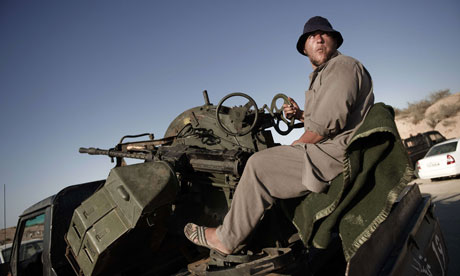(Reuters) - White cowboy hats, an emergency helicopter landing and a flight over the fictional home of Anne of Green Gables await Prince William and his new bride Kate in Canada on their first official trip overseas.
The potential future king and queen of Britain and Canada began their Canadian tour in Ottawa on Thursday afternoon, a trip designed in part to strengthen bonds between the monarchy and Canadians, whose head of state is Queen Elizabeth.
"Welcome to Canada, honeymoon capital of the Commonwealth," quipped Governor General David Johnston, the queen's representative in Canada, as he received the royal couple at Rideau Hall, his official home.
Prince William drew a sentimental "awwww" from the crowd in front of Rideau Hall when he told them: "Before we were married, we had a longing to come here together."
He spoke briefly in French, but was clearly a bit embarrassed, adding in English: "It will improve as we go on."
Kate, who did not make a speech, wore a navy lace Cecile scoop-backed dress, designed by Canadian Erdem Moralioglu.
Earlier the Duke and Duchess of Cambridge placed a wreath at the National War Memorial, and stopped to chat and shake hands with veterans and some of the thousands of spectators who came out to see them in downtown Ottawa.
A record-breaking crowd was expected to welcome them at Canada Day celebrations on Parliament Hill on Friday.
The couple will tour seven cities in four provinces and one territory before heading to California on July 8. Prince William, a search-and-rescue helicopter pilot in Wales, will co-pilot a Sea King helicopter making a training emergency landing on water in Prince Edward Island.
They will sail in a frigate from Montreal to Quebec City, take a bush plane to isolated Blatchford Lake in the Northwest Territories, not far from the Arctic Circle, and be presented with ceremonial white cowboy hats ahead of the Calgary Stampede rodeo.
WELCOMING ROYALS
Marilyn Job, 58, got to the National War Memorial six hours before William and Kate laid a wreath there, snagging a prime spot next to the red carpet.
"The monarchy is an important function of Canada," she said, describing it as critical for the couple to rekindle affection for the institution. "It will die otherwise."
Prince William is far more popular in Canada than his father, Prince Charles, next in line to the throne, and the couple's glamorous April 29 wedding only added to the appeal.
"They'll do the right thing and they'll stay together," said Kelly Webster, 42, who shook hands with Prince Charles when he and Princess Diana visited Ottawa in 1983.
Standing next to Webster at Rideau Hall was Mary Aubrey, 21, holding a clutch of royal wedding and engagement books. "I've been a royal nut since the engagement," she said.
Prime Minister Stephen Harper said in a statement he was sure the tour would forge an enduring relationship between Canada and the couple, "one of deep affection and loyalty," as shown with Queen Elizabeth since her first tour in 1951.
WHY A MONARCHY?
Yet a good section of the Canadian population cannot see why there should be a Canadian royal family. Depending on how questions are framed, up to half of respondents say Canada should abandon the monarchy once the queen dies.
The anti-monarchist strain is strongest in French-speaking Quebec, where many still see Britain's triumph over France in Quebec in 1759 as a raw wound. The Quebec Network of Resistance will demonstrate against the royal visit in Quebec City.
But the anti-monarchist feeling seems less strong than in Australia, which held an unsuccessful 1999 referendum on abolishing the monarchy.
Ipsos pollster John Wright said that while Canadians are divided on the monarchy, few would want to endure the required constitutional battle and likely referendum to make any change.
"The fact is, Canadians would rather have the royals up to the cottage for a beer on a sunny weekend during an occasional visit than have to experience water boarding by political debate for years on end," he told Reuters.
The tradition of royal tours to Canada extends back 225 years to 1786, when another Prince William made the first royal trip to Canada. He later became King William IV.
如果你喜欢觀看本文章,
請 「讚好」或「留言」。



























